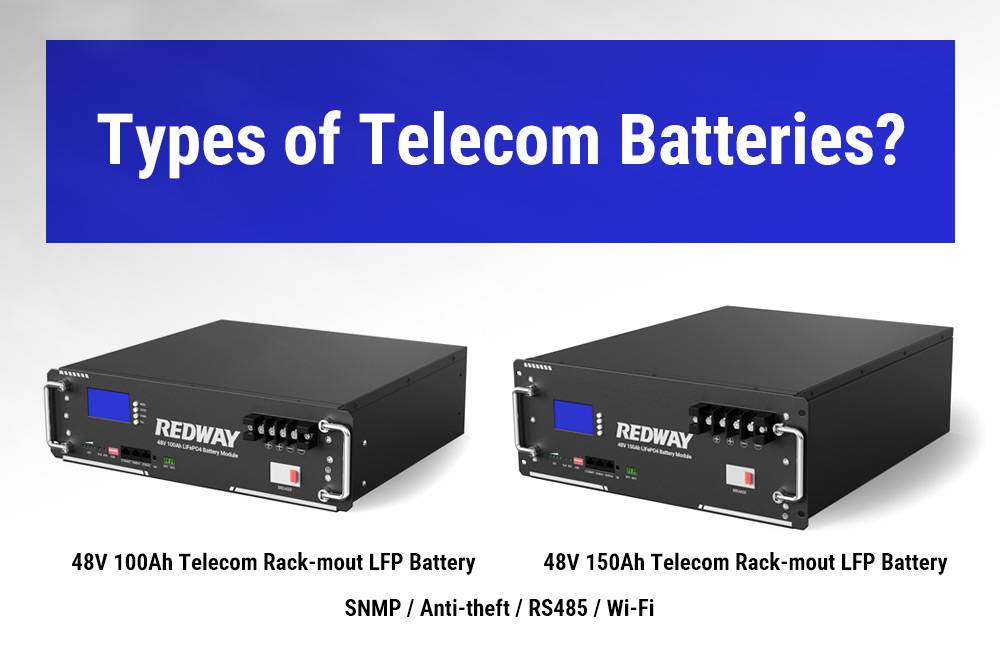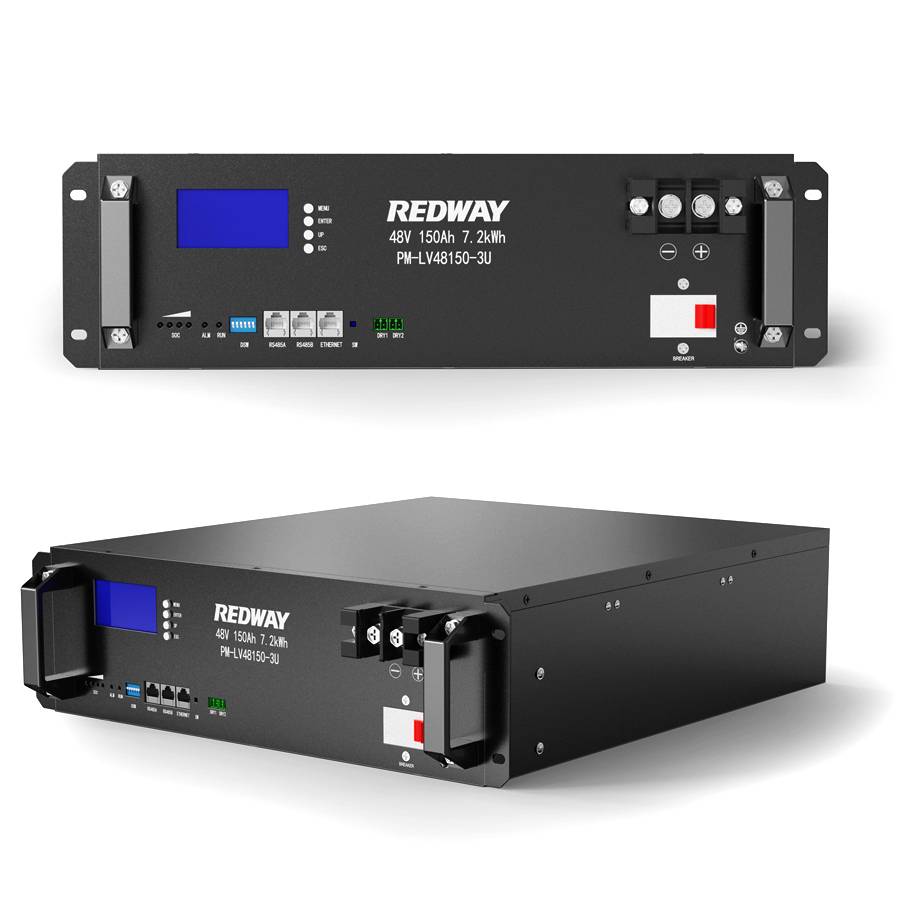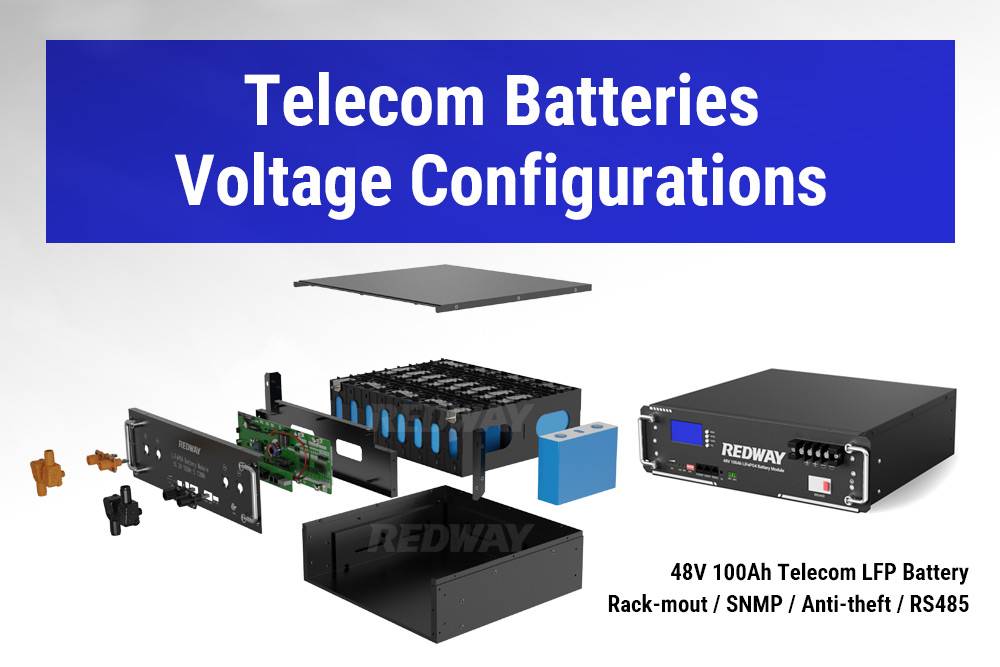- Lithium Golf Cart Battery
- Forklift Lithium Battery
-
48V
- 48V 210Ah
- 48V 300Ah
- 48V 420Ah (949 x 349 x 569 mm)
- 48V 420Ah (950 x 421 x 450 mm)
- 48V 456Ah
- 48V 460Ah (830 x 630 x 590 mm)
- 48V 460Ah (950 x 421 x 450 mm)
- 48V 460Ah (800 x 630 x 600 mm)
- 48V 460Ah (820 x 660 x 470 mm)
- 48V 500Ah
- 48V 560Ah (810 x 630 x 600 mm)
- 48V 560Ah (950 x 592 x 450 mm)
- 48V 600Ah
- 48V 630Ah
-
48V
- 12V Lithium Battery
12V 150Ah Lithium RV Battery
Bluetooth App | BCI Group 31
LiFePO4 Lithium
Discharge Temperature -20°C ~ 65°C
Fast Charger 14.6V 50A
Solar MPPT Charging - 24V Lithium Battery
- 36V Lithium Battery
- 48V Lithium Battery
-
48V LiFePO4 Battery
- 48V 50Ah
- 48V 50Ah (for Golf Carts)
- 48V 60Ah (8D)
- 48V 100Ah (8D)
- 48V 100Ah
- 48V 100Ah (Discharge 100A for Golf Carts)
- 48V 100Ah (Discharge 150A for Golf Carts)
- 48V 100Ah (Discharge 200A for Golf Carts)
- 48V 150Ah (for Golf Carts)
- 48V 160Ah (Discharge 100A for Golf Carts)
- 48V 160Ah (Discharge 160A for Golf Carts)
-
48V LiFePO4 Battery
- 60V Lithium Battery
-
60V LiFePO4 Battery
- 60V 20Ah
- 60V 30Ah
- 60V 50Ah
- 60V 50Ah (Small Size / Side Terminal)
- 60V 100Ah (for Electric Motocycle, Electric Scooter, LSV, AGV)
- 60V 100Ah (for Forklift, AGV, Electric Scooter, Sweeper)
- 60V 150Ah (E-Motocycle / E-Scooter / E-Tricycle / Tour LSV)
- 60V 200Ah (for Forklift, AGV, Electric Scooter, Sweeper)
-
60V LiFePO4 Battery
- 72V~96V Lithium Battery
- Rack-mounted Lithium Battery
- E-Bike Battery
- All-in-One Home-ESS
- Wall-mount Battery ESS
-
Home-ESS Lithium Battery PowerWall
- 24V 100Ah 2.4kWh PW24100-S PowerWall
- 48V 50Ah 2.4kWh PW4850-S PowerWall
- 48V 50Ah 2.56kWh PW5150-S PowerWall
- 48V 100Ah 5.12kWh PW51100-F PowerWall (IP65)
- 48V 100Ah 5.12kWh PW51100-S PowerWall
- 48V 100Ah 5.12kWh PW51100-H PowerWall
- 48V 200Ah 10kWh PW51200-H PowerWall
- 48V 300Ah 15kWh PW51300-H PowerWall
PowerWall 51.2V 100Ah LiFePO4 Lithium Battery
Highly popular in Asia and Eastern Europe.
CE Certification | Home-ESS -
Home-ESS Lithium Battery PowerWall
- Portable Power Stations
What Are Telecom Lithium Batteries and Their Benefits?

Telecom lithium batteries are rechargeable energy storage solutions specifically designed for telecommunications applications. They offer advantages such as higher energy density, longer lifespan, and faster charging compared to traditional batteries. These features make them essential for ensuring reliable backup power in communication networks, especially during outages.
What Are Telecom Lithium Batteries?
How are telecom lithium batteries defined?
Telecom lithium batteries are advanced energy storage devices that utilize lithium-ion or lithium iron phosphate (LiFePO4) technologies. They are engineered to provide reliable backup power for telecom infrastructure, including base stations and communication towers.
What types of telecom batteries exist?
Various types of batteries are used in telecommunications, including:
- Lead-Acid Batteries: Cost-effective but heavier and require maintenance.
- Lithium-Ion Batteries: Lightweight with high energy density and longevity.
- Nickel-Cadmium (NiCd) Batteries: Good performance in extreme temperatures.
- Nickel-Metal Hydride (NiMH) Batteries: Higher energy density but less common.
Why Choose Lithium Batteries for Telecom Applications?
What advantages do lithium batteries offer?
Lithium batteries provide several significant benefits for telecom applications:
- Higher Energy Density: More power in a smaller size.
- Longer Lifespan: Typically last longer than lead-acid batteries.
- Faster Charging: Reduced downtime during power outages.
- Low Maintenance: Minimal upkeep required compared to lead-acid options.
| Feature | Lithium Batteries | Lead-Acid Batteries |
|---|---|---|
| Energy Density | High | Moderate |
| Lifespan | 10+ years | 3-5 years |
| Charging Speed | Fast | Slow |
| Maintenance | Low | High |
How Do Voltage Configurations Work?
What voltage configurations are available for telecom lithium batteries?
Telecom lithium batteries typically come in various voltage configurations, including:
- 12V Systems: Suitable for small installations.
- 24V Systems: Less common but used in specific scenarios.
- 48V Systems: The industry standard for most telecom applications due to compatibility with existing equipment.
How Do Telecom Lithium Batteries Support Renewable Energy?
Can lithium batteries be integrated with renewable energy systems?
Yes, telecom lithium batteries can store excess energy generated from renewable sources like solar or wind. This capability makes them ideal for off-grid installations, providing reliable backup power during outages.
What Is the Importance of Capacity and Runtime?
How is battery capacity measured and why does it matter?
Battery capacity is measured in amp-hours (Ah), indicating how much energy a battery can store. A higher capacity allows for longer runtime during power outages, which is critical for maintaining communication services.
| Capacity (Ah) | Runtime (Hours) |
|---|---|
| 50 Ah | 5 hours |
| 100 Ah | 10 hours |
| 200 Ah | 20 hours |
How Does Cycle Life Impact Battery Performance?
What is cycle life and why is it important?
Cycle life refers to the number of charge-discharge cycles a battery can undergo before its performance significantly degrades. Lithium-ion batteries typically have a cycle life of over 500 cycles, making them more durable compared to lead-acid batteries, which may only last 200-300 cycles.
How Do Temperature Tolerances Affect Battery Choice?
What temperature ranges can telecom batteries operate in?
Telecom batteries must function effectively across various temperatures. Lithium-ion batteries generally perform better than lead-acid options under extreme conditions, ensuring reliability in diverse environments.
Industrial News
Recent advancements in battery technology highlight the increasing use of lithium-ion solutions in telecommunications. Companies are focusing on integrating smart battery management systems that allow real-time monitoring and predictive maintenance. Additionally, there is a growing trend towards using renewable energy sources alongside battery storage to create hybrid systems that enhance reliability while reducing environmental impact.
Redway Power Expert Views
“Telecom lithium batteries represent a significant advancement in energy storage technology,” states an expert from Redway Power. “Their ability to provide high energy density and long life makes them indispensable for modern communication networks. As we move towards more sustainable practices, integrating these batteries with renewable energy sources will be crucial.”



Telecom lithium batteries are essential for maintaining reliable communication networks. Let’s explore their voltage configurations:
- 12V Systems:
- Suitable for small-scale installations.
- Commonly used in telecom applications where space and power requirements are minimal.
- 24V Systems:
- Less common but still used in specific scenarios.
- Offers a balance between 12V and 48V systems.
- 48V Systems (Industry Standard):
- Widely adopted in telecom applications.
- Compatible with telecom equipment and distribution systems.
- Provides efficient power delivery and meets industry requirements.
In summary, while 12V batteries are suitable for smaller setups, the 48V configuration remains the industry standard due to its compatibility and reliability with telecom infrastructure.
Top Brands and Manufacturers of Telecom lithium batteries
When it comes to telecom lithium batteries, reliability is paramount. Here are five top brands and manufacturers of telecom lithium batteries:
- NorthStar Telecom Lithium Batteries:
- Known for unwavering commitment to quality and innovation.
- Legacy of excellence in telecom power solutions.
- Emphasis on reliability and durability.
- Saft:
- Renowned for high-performance lithium batteries for critical applications.
- Trusted by telecom operators worldwide for their reliability.
- Focus on advanced technology and sustainable energy solutions.
- EnerSys:
- Offers a comprehensive range of telecom lithium batteries.
- Known for their high energy density and long cycle life.
- Emphasizes continuous innovation and customer satisfaction.
- Panasonic:
- Provides advanced lithium batteries tailored for telecom applications.
- Known for their high safety standards and reliability.
- Focuses on eco-friendly solutions and energy efficiency.
- Redway Power:
- Offers cutting-edge lithium batteries designed for telecom infrastructure.
- Emphasizes product performance, safety, and sustainability.
- Known for their robust R&D and commitment to technological advancement in energy storage.
FAQs
What are the advantages of using lithium batteries in telecom applications?
Lithium batteries offer higher energy density, longer lifespan, reduced maintenance requirements, and faster charging compared to traditional lead-acid batteries.
Are lithium batteries safe for use in telecom infrastructure?
Yes, when handled and maintained properly, lithium batteries are safe for use in telecom infrastructure. Precautions should be taken to prevent overcharging, overheating, and physical damage.
How do lithium batteries compare to traditional lead-acid batteries in terms of lifespan and maintenance?
Lithium batteries typically have a longer lifespan and require less maintenance compared to lead-acid batteries. This results in lower operational costs and reduced downtime for telecom systems.
What voltage configurations are available for telecom lithium batteries?
Common voltage configurations for telecom lithium batteries include 12V, 24V, and 48V systems. The 48V configuration is widely used in telecom applications due to its compatibility with equipment and distribution systems.
Can lithium batteries be used in off-grid or remote telecom installations?
Yes, lithium batteries are suitable for off-grid or remote telecom installations. They can store excess energy from renewable sources and provide backup power during outages.
How do I determine the appropriate capacity of lithium batteries for my telecom system?
Capacity should be based on factors like load size, backup duration, and environmental conditions. Conducting a thorough analysis ensures sufficient capacity for the system’s needs.
What factors should I consider when selecting a lithium battery supplier for telecom applications?
Consider factors such as product quality, reliability, warranty, technical support, and adherence to safety and environmental standards when selecting a supplier.
Are there specific installation requirements or considerations for telecom lithium batteries?
Yes, proper installation involves considerations such as battery location, ventilation, temperature control, and wiring. Following manufacturer guidelines ensures safe and efficient installation.
How do I monitor the performance and health of lithium batteries in my telecom network?
Monitoring can be done using battery management systems or monitoring software, providing real-time data on battery status, including voltage, temperature, state of charge, and cycle count.

What are the environmental considerations associated with disposing of or recycling lithium batteries used in telecom infrastructure?
Proper disposal and recycling of lithium batteries are essential to minimize environmental impact. Follow local regulations and guidelines to ensure compliance and reduce environmental footprint.
What are telecom lithium batteries?
Telecom lithium batteries are rechargeable energy storage devices designed specifically for telecommunications applications, offering high energy density and reliability.How long do telecom lithium batteries last?
Typically, they can last over 10 years with proper maintenance, significantly longer than traditional lead-acid batteries.
Can I use telecom lithium batteries with renewable energy?
Yes, they can store excess energy from renewable sources like solar or wind, making them ideal for off-grid applications.
What is the importance of battery capacity?
Battery capacity determines how long the system can run during an outage; higher capacity means longer runtime.
How do temperature tolerances affect performance?
Lithium-ion batteries generally perform better across a wider temperature range compared to lead-acid options, ensuring reliability in various conditions.By understanding the features and benefits of telecom lithium batteries, users can make informed decisions that enhance the reliability and efficiency of their telecommunications infrastructure.
























